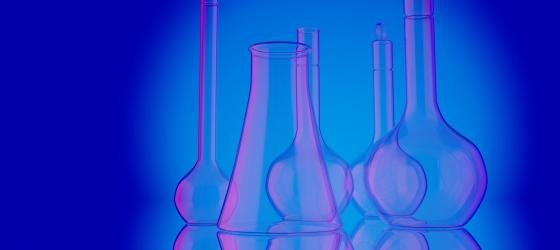Area of interest: MED/07 – Microbiology
Investigator: Vincenzo Di Pilato (Responsabile Unità di Ricerca)
Project Partners: Università degli Studi Roma Tre, Università di Firenze
Summary
Antimicrobial resistance poses a growing threat to public health. One of the major clinical concerns is the dissemination of difficult-to-treat resistant (non-susceptible to all first-line agents) Gram-negatives. Despite the recent introduction of new antibiotic compounds with a potential activity against some multidrug resistant organisms, some gaps still need to be filled, since emerging resistance against these novel agents started to be reported. An unconventional approach to overcome this problem is to exploit the nutritional vulnerabilities of pathogens, and bacterial iron metabolism represents a promising candidate. The present project aimed to investigate the resistance mechanisms to recently approved antibiotics, additionally investigating the possible potentiation of existing antimicrobials by complexation whit the iron mimetic metals that are selectively toxic to bacteria. Outcomes from this project could have important implications for the future development of antimicrobials that exploit the iron uptake systems to deliver toxic compounds in the bacterial cells, thus providing the bases for novel treatment options for severe infections sustained by Gram-negative multidrug resistant organisms.
